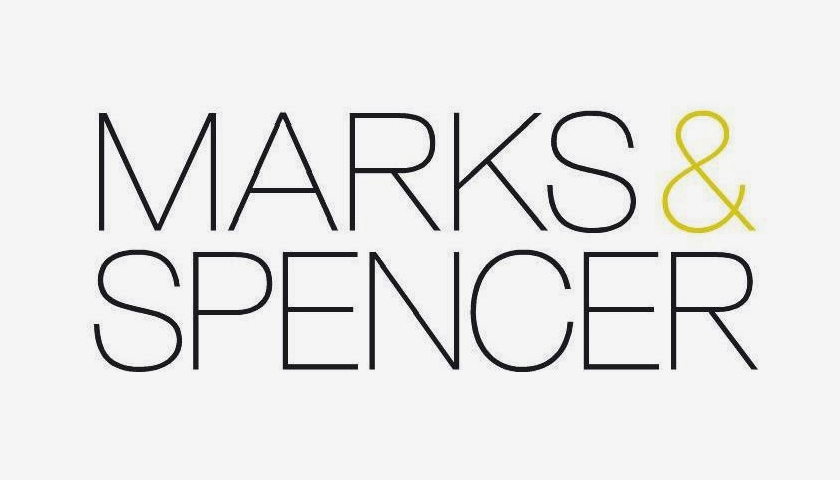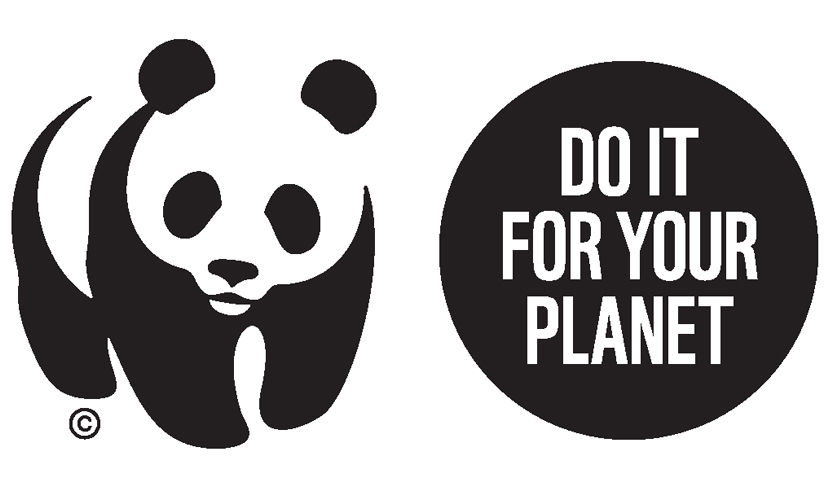Launching this Summer 2017, M&S introduces the sustainable selvedge denim men’s jeans. The jeans have been manufactured using processes that use less water, energy and chemicals than conventional methods resulting in an incredibly low Environmental Impact Measurement Score of only 21 (where under 33 is low-impact) using JeanologiaTM technology.
JeanologiaTM specialises in sustainable and efficient technologies for the garment finishing industry. Technologies including laser, and its EIM software have revolutionised the textile industry, offering design and finishing possibilities on garments, whilst saving water, energy and chemicals and eliminating waste and harmful emissions
Available in stores and online, at £45 the jeans come in four colours and a slim fit. Extra features include a biodegradable branded leather patch on the back of the jeans and recycled thread and zip tape. M&S also supports responsible cotton production through the Better Cotton Initiative.
The new styles have been designed as part of the M&S Plan A 2025 commitments to help build a sustainable future, by having a positive impact on communities and the planet. Commitments include; 100% of M&S products having a Plan A sustainability attribute by 2020, every product having attributes which address all priority social, ethical and environmental impacts by 2025, and sourcing 100% of cotton from sustainable sources by 2019.
M&S Plan A 2025
Plan A 2025 is an ambitious eco and ethical customer focused plan that builds on the success of the first 10 years of Plan A and will support 1,000 communities, help 10 million people live happier, healthier lives and convert M&S into a zero-waste business.
The three-pillar plan is designed to tackle the big issues facing retailers, consumer businesses and society today. It spans customer and colleague wellbeing, transforming lives and communities and caring for the planet. Each pillar includes pioneering new commitments, clothing example include –
- By 2020, 100% of M&S products will have at least one Plan A attribute and by 2025 every product will have attributes which address all priority social, ethical and environmental impacts
- By 2019 developing a sustainable product design toolkit
- By 2019 sourcing 100% of cotton from sustainable sources
- By 2025 making our clothing using at least 25% reused or recycled materials


